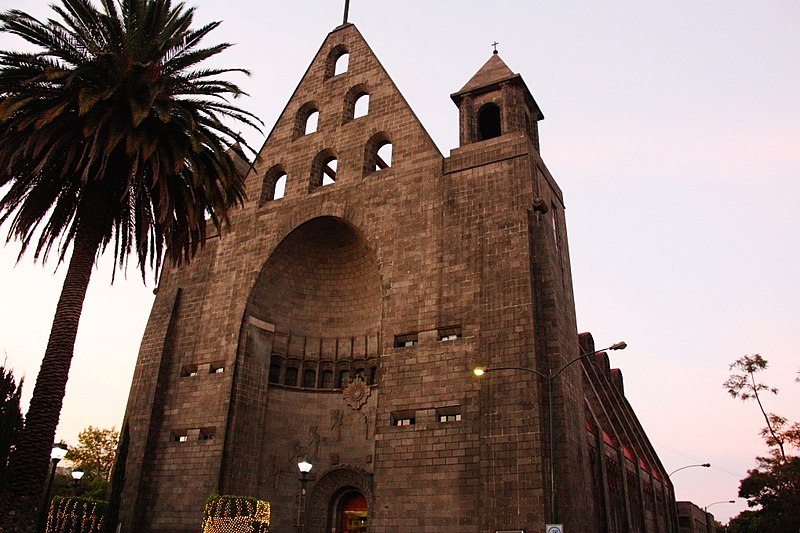
The Church of San Agustín in Polanco seems to lord it over the Avenida Horacio and the Parque América out front. The 1949 church was the work of architect Leonardo Noriega Stávoli and civil engineer Juan Valero Capetillo. Stávoli is best known for designing the Arte Deco “Foro Lindbergh” in the Parque México. Here, he seems to quote other, earlier styles in a temple that sometimes beggars belief.
Mexico City residents remember the church for the buttresses lining the enormous nave. The half-dome over the altar earned it the nickname the “Church of the Tinaco,” referring to the ubiquitous fiberglass water tanks that top so many Mexican houses. The church is also well-known for it’s Neo-Byzantine art collection. Perhaps most historically significant is the ciprés. The word refers to the particularly Mexican canopy supported by columns that hovers above the main altar. This one arrived here from the St. Joseph Chapel within the old Santa Teresa la Antigua convent. It thus dates from the 18th century.
The façade famously bears reliefs of the first seven Augustinians to arrive in Mexico in 1533. Passersby frequently comment on the church’s towering austerity.
When it opened, the San Agustín Church stood to the side of the barely 10-year-old Paseo de las Américas, today’s Avenida Horacio. The park is nearly the only reminder. A few of the Paseo’s original plaques remind pedestrians to look after this and other green spaces around the City.
 +52 (55) 5250 5373
+52 (55) 5250 5373

Nearest at 0.09 kms.
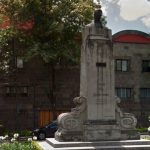
Nearest at 0.14 kms.
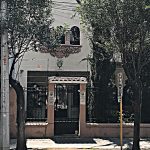
Nearest at 0.17 kms.
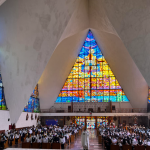
The most spectacular modernist church in the Jardín Balbuena
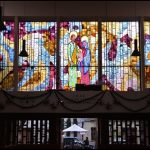
A giant Modernist church in the colonia Portales Oriente . . .
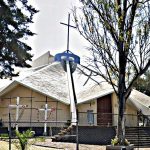
A circular modernist church on the heights over Álvaro Obregón . . .
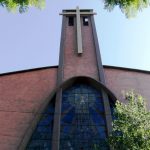
A modernist church in a giant 20th century neighborhood . . .
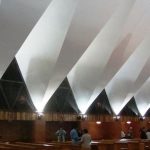
A modernist triumph and neighborhood church in Espartaco, Coyoacán . . .